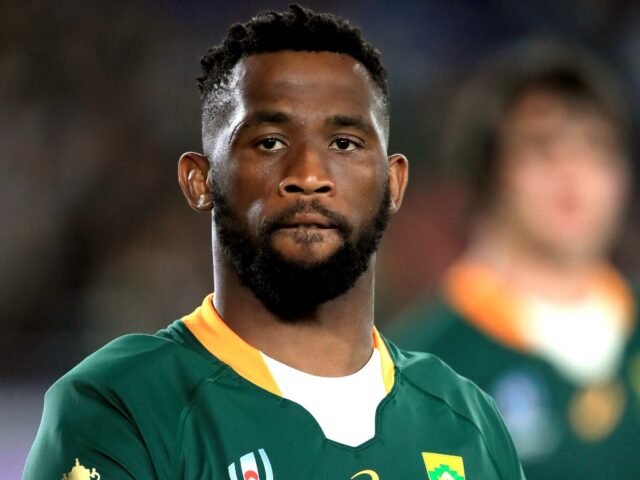Siya Kolisi, the captain of the South African national rugby team, has recently been suspended due to a series of controversial
events that have raised questions both within the rugby community and beyond. The suspension, which came as a surprise to many,
has sparked debates on the intersection of professional sports, leadership, and accountability. In this article, we take a closer
look at the circumstances surrounding Kolisi’s suspension, its impact on South African rugby, and the broader implications for the sport.
The Suspension: A Breakdown of Events
While the exact details surrounding Kolisi’s suspension remain limited, reports indicate that the decision followed a series of incidents that
have cast a shadow over his reputation both on and off the field. The reasons behind the suspension appear to stem from actions that
were deemed to be in violation of team protocols or ethical standards, though specifics have not been officially confirmed by Rugby
South Africa (RSA). In the wake of the suspension, there have been speculations about the nature of Kolisi’s conduct. Sources close to
the matter have hinted at tensions within the squad, as well as external factors such as media controversies and public statements that may
have exacerbated the situation. These factors, coupled with Kolisi’s leadership role as captain, have amplified the scrutiny of his actions,
creating a storm of public interest. Kolisi’s Leadership and Legacy Siya Kolisi has long been regarded as one of South Africa’s
most respected rugby players. His rise to prominence was marked by his historic role as the first Black captain of the Springboks, leading
the team to victory in the 2019 Rugby World Cup. Kolisi’s leadership transcended the field; his commitment to social justice and his work with various charitable causes have made him an icon in South Africa and globally.
The suspension, therefore, raises significant concerns not only about Kolisi’s immediate future with the team but also about the broader leadership dynamics within South African rugby. Many supporters and pundits have expressed disappointment, particularly given Kolisi’s role as a symbol of unity and progress in a sport traditionally dominated by white players.
The Impact on South African Rugby
Kolisi’s absence from the team is likely to have both on-field and off-field repercussions. On the field, the Springboks will face a leadership void at a critical time, as they prepare for upcoming international fixtures. The team will need to regroup and find new leadership within the squad, and the transition could have a short-term impact on performance, particularly in high-stakes matches.
Off the field, Kolisi’s suspension has ignited a conversation about the expectations placed on athletes who are not only performers but also public figures and role models. In Kolisi’s case, his leadership has often been celebrated as a reflection of the values that the Springboks and South African rugby seek to embody. His suspension, therefore, prompts a reevaluation of how the sport manages controversy and the broader implications for team culture.
The Role of Accountability in Professional Sports
The controversy surrounding Kolisi also raises important questions about accountability in professional sports. In an age where athletes are not only competing at the highest levels but also serving as ambassadors for their countries, the line between personal conduct and professional behavior becomes increasingly blurred.
Kolisi’s suspension underscores the need for transparency and clear guidelines regarding player conduct. It also highlights the delicate balance that teams, coaches, and governing bodies must strike between maintaining discipline and offering support to players facing personal or professional challenges.
Moving Forward
As the dust settles on this controversy, the key question remains: what will happen next for Siya Kolisi? His suspension will likely be a turning point in his career, and much will depend on how he addresses the issues that led to his suspension. If Kolisi can navigate this period with the same resilience that has defined his career, it is possible he could return to the Springbok fold, once again taking on a leadership role in the future.
For now, the South African rugby community, as well as his fans worldwide, will be watching closely to see how both Kolisi and the national rugby team respond to the challenges at hand. Regardless of the outcome, this incident serves as a reminder of the complex relationship between professional athletes, their teams, and the public they represent.
Conclusion
Siya Kolisi’s suspension has undoubtedly raised eyebrows and created ripples of concern within South African rugby. While the specifics of the controversy remain shrouded in uncertainty, it is clear that the event has far-reaching implications for the player, his team, and the broader sporting world. As Kolisi’s situation unfolds, the lessons learned from this episode will likely influence how rugby—and perhaps all sports—manage the balance between athletic excellence and personal responsibility.
